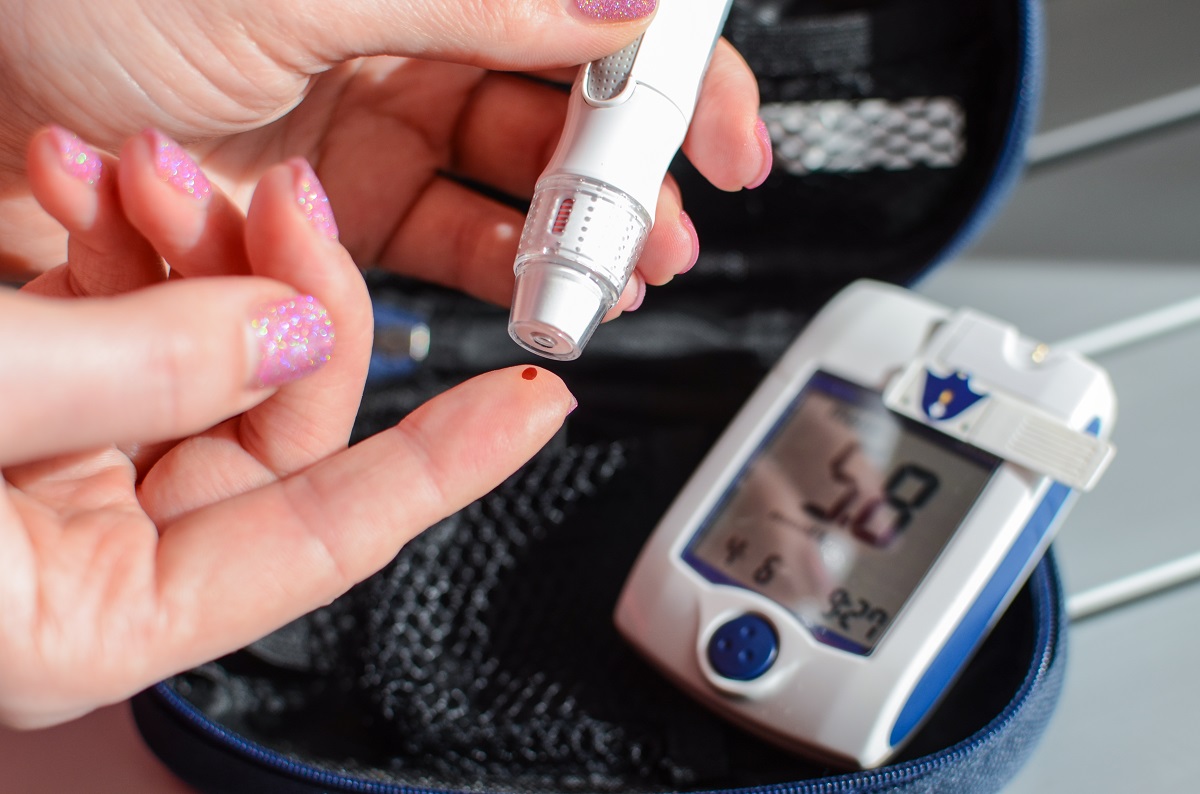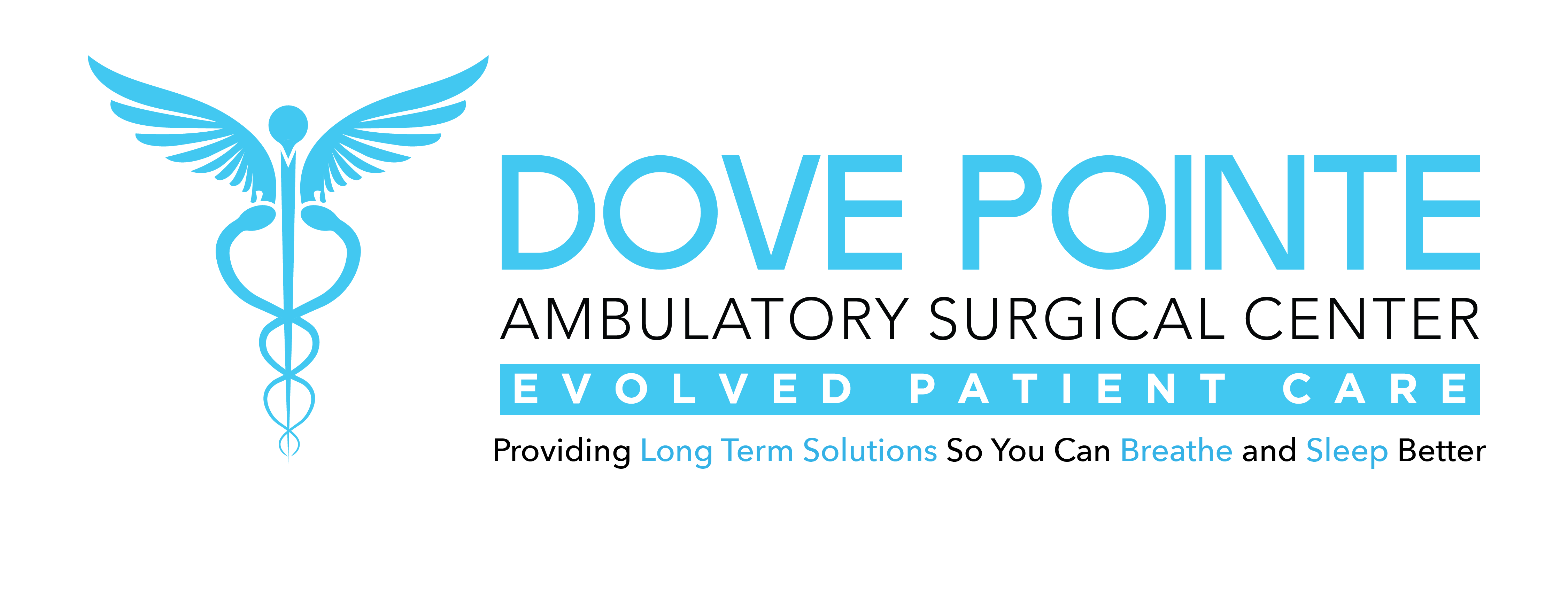According to Medical News Today, it is estimated that the number of people over the age of 18 suffering from diabetes in the United States is approximately 30.2 million. Diabetes is a condition that can arise when your blood glucose, also known as blood sugar, is too high. If left untreated, the condition can cause strokes, heart attacks, nerve damage, and kidney failure, among other health issues.
Fortunately, it can be managed when caught early.
Today, your trusted McAllen sinus relief specialists at the Glatz Group of Valley ENT will discuss diabetes and how it can be a risk factor for hearing loss.
What Is Diabetes?
Diabetes is a chronic health condition that takes place when the pancreas is no longer able to properly make insulin. When the body lacks the right amount of insulin, it results in there being too much sugar in your bloodstream.
When this occurs it can cause vision impairment, gum disease, fatigue, and foot ulcers.
Types of Diabetes
Type 1, type 2, and gestational are the three main types of diabetes.
Type 1 Diabetes
Type 1 diabetes occurs when the body fails to produce insulin. Type 1 diabetes impacts approximately 5-10% of those suffering from diabetes. Children, teens, and young adults are typically the ones diagnosed with type 1. There is no way to prevent type 1 diabetes and those who have it must take insulin daily.
Type 2 Diabetes
Type 2 diabetes appears when your body does not use insulin correctly, thus causing blood sugar to rise to an abnormal level. Roughly 90-95% of people with diabetes suffer from type 2 diabetes, which can be diagnosed in adults, children, teens, and young adults.
The causes of type 2 diabetes vary but the most common variables include an unhealthy lifestyle, being overweight, family history, genetic factors, and even ethnicity.
Gestational Diabetes
Gestational diabetes shows up in pregnant women who have never had a history of diabetes. Gestational diabetes puts your baby at a greater risk for health issues, including obesity and the risk of developing type 2 diabetes.
Gestational diabetes often goes away after childbirth but can increase the risk of the mother developing type 2 diabetes in the future.
Is Diabetes a Risk Factor for Hearing Loss?
Diabetes and hearing loss have been correlated. In a study conducted by the National Institutes of Health, it was shown that hearing loss is twice as common in those who suffer from diabetes than those who do not.
Researchers believe that hearing loss presents itself in those who have diabetes because of the damage it inflicts to nerves and blood vessels. By not managing your diabetes, you become more susceptible to suffering from hearing loss.
Signs of Hearing Loss
If you believe that you might be losing your hearing, it is important to know the signs so that you can begin seeking solutions to slow down or stop the issue:
- Frequently asking people to repeat themselves
- Having a hard time keeping up with conversations when multiple people are present
- Believing people are mumbling
- Trouble hearing in busy places like restaurants or shopping centers
- Turning up the volume of the tv or radio louder than usual
How to Protect Your Hearing If You Have Diabetes
When diagnosed with diabetes, it is especially imperative to do everything possible to protect your hearing. Some approaches include:
- Turning down the volume on electronic devices, televisions, and radios
- Getting plenty of exercise to improve circulation and blood flow
- Maintaining a healthy weight
If you or a loved one believe that you might be suffering from hearing loss due to diabetes, it is in your best interest to speak with your primary care doctor and a specialist that focuses on hearing problems.
A hearing exam can be done to assess hearing loss. Once the test is completed you will be able to learn more about the condition and how it can be treated.
Clear Up Your Ear, Nose, & Throat Problems with Glatz Group at Valley ENT
If you believe that you could potentially suffer from hearing loss due to diabetes, get in touch with Glatz Group today to get professional help from specialists you can count on.
YOUR TEXT



